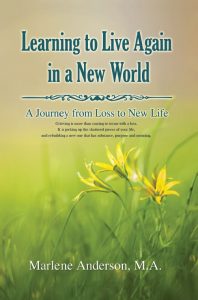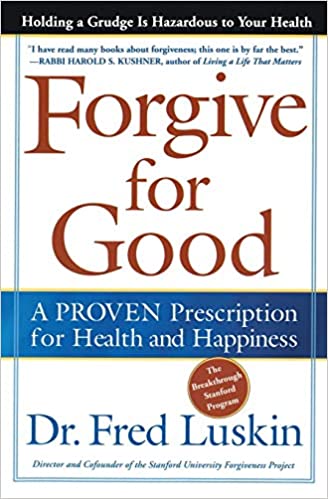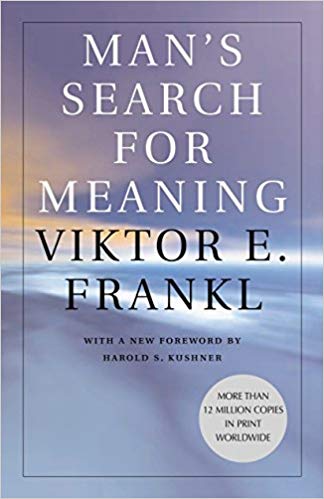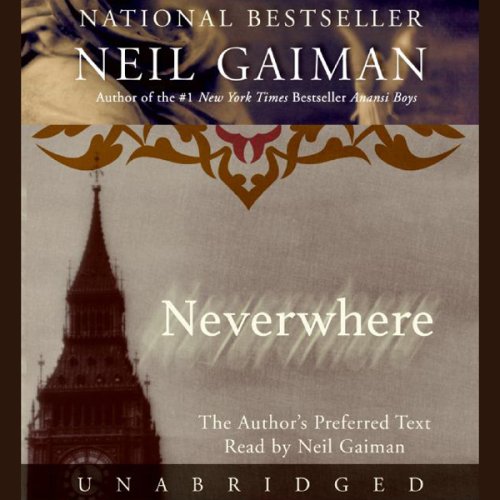Listen to this episode of the Focus with Marlene Podcast
Get caught up with all episodes in the “Threads of Life” series
“And the peace of God, which passes all understanding, will keep your hearts and minds in Christ Jesus.”
-Philippians 4:7
Once again I gather my cup of coffee, Bible and journal and step out onto my deck brimming with potted plants. The orange and yellow nasturtiums along with green vines and shrubs create a privacy screen, a secret garden. This is my oasis, a place of solitude and quiet where I come to find renewal.
The sounds of the bubbling water fountain soothe my heart and bruised spirit. The questions about an uncertain future melt away like the early morning mists and I feel strength and confidence returning.
Peace.
One moment my spirit is dejected and feeling despair, the next I am feeling calm and serene.
What has changed? It isn’t just the hodgepodge of plants and colorful flowers that are scattered around me. It is more; I feel the spirit of God meeting me here.
I am comforted through the timeless tranquility and harmony of creation, from random flowers sprouting where least expected to the massive mountains towering in the distance, forming a backdrop for the lush forests and valleys.
Within the covers of the Bible, I find reassurance that I am not alone. My distressed spirit is calmed when I find within its simple truths the working out of healing. I am reconciled to my troubles and my losses. Here the remaining remnants of grief are comforted and soothed.
As I step into my new reality, I continue to seek words, phrases and places that feed my spirit and soul. It is in that constancy, that never changing stability, where I find ongoing and deepening peace and contentment.
There are so many losses we experience throughout our lifetime, each having an impact of some kind on our lives. It isn’t just the death of a spouse or child. It comes through divorce or when kids leave home to start their own lives.
Our way of life is altered when best friends move away, or as we get older, and age isolates us. In some way, all losses require a reframing of our world, what we can expect and what is now gone. There is some element of sorrow and the need for reflection connected with all of them.
As we retreat to a calm and welcoming space to gather our thoughts and calm our spirits, we recognize our need for God and for others. And in those moments of calming tranquility, we pray that that peace will remain when we step out of that space into the active world.
With a faith and belief that God will continue to uphold us, we can become confident as we take those tiny, sometimes faltering steps away from our past to a new beginning, where gradually what was lost is replaced with a new meaning and purpose.
As I step out of the sanctuary of my garden, I pray that the peace I was given will continue to go with me throughout the days and weeks that stretch before me. I pray that you too will find that tranquility in a sanctuary of your life.
 My book, Learning to Live Again in a New World, offers information and guidance to healing and rebuilding your life after the loss of a loved one. Available on Amazon.com.
My book, Learning to Live Again in a New World, offers information and guidance to healing and rebuilding your life after the loss of a loved one. Available on Amazon.com.













